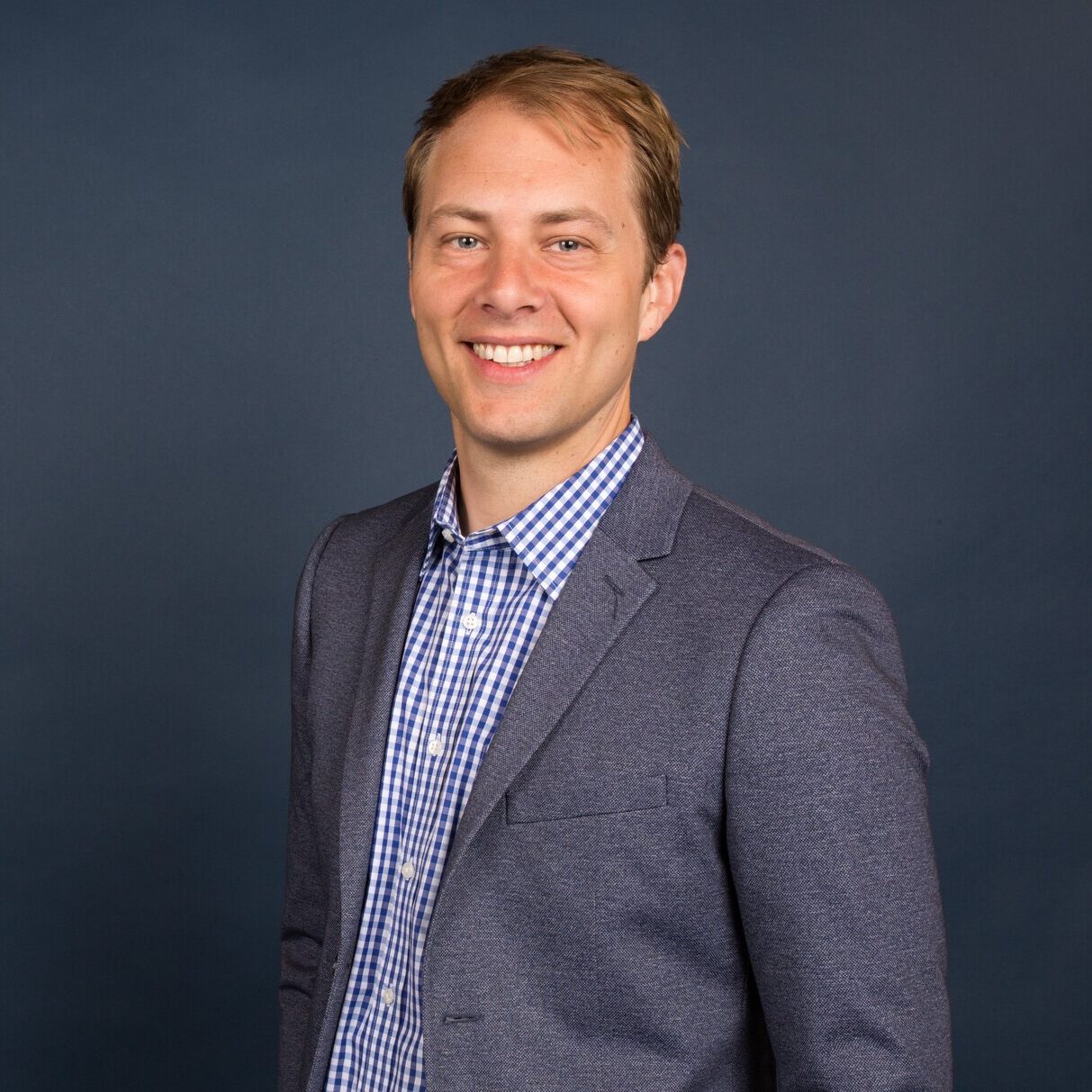Thursday, November 21, 2024
David Deming: The (Possible) Labor Market Impacts of AI
- Hybrid
- Seminar

The DEL Seminar Series is proud to host a diverse roster of bright minds from around the world to discuss various subjects surrounding economics and technology.
On November 21, 2024, David Deming of the Harvard Kennedy School stopped by the Lab for his talk, “The (Possible) Labor Market Impacts of AI.”
Abstract
Generative Artificial Intelligence (AI) is a potentially important new technology, but its impact on the economy depends on the speed and intensity of adoption. This paper reports results from the first nationally representative U.S. survey of generative AI adoption at work and at home. In August 2024, 39 percent of the U.S. population age 18-64 used generative AI. More than 24 percent of workers used it at least once in the week prior to being surveyed, and nearly one in nine used it every workday. Historical data on usage and mass-market product launches suggest that U.S. adoption of generative AI has been faster than adoption of the personal computer and the internet. Generative AI is a general purpose technology, in the sense that it is used in a wide range of occupations and job tasks at work and at home.
The talk will cover both of the following papers:
1. The Rapid Adoption of Generative AI
2. Technological Disruption in the US Labor Market

David J. Deming
Isabelle and Scott Black Professor, Harvard Kennedy School
David Deming is the Isabelle and Scott Black Professor of Political Economy at Harvard Kennedy School. He is also the Faculty Dean of Kirkland House at Harvard College and a Research Associate at NBER. From 2021 to 2024 he served as the Academic Dean of HKS.
His research focuses on higher education, economic inequality, skills, technology, and the future of the labor market. He is a Principal Investigator (along with Raj Chetty and John Friedman) at the CLIMB Initiative, an organization that seeks to study and improve the role of higher education in social mobility. He is also a faculty lead of the Project on Workforce, a cross-Harvard initiative that focuses on building better pathways to economic mobility through the school-to-work transition. He recently co-founded (with Ben Weidmann) the Skills Lab, which creates performance-based measures of “soft” skills such as teamwork and decision-making.